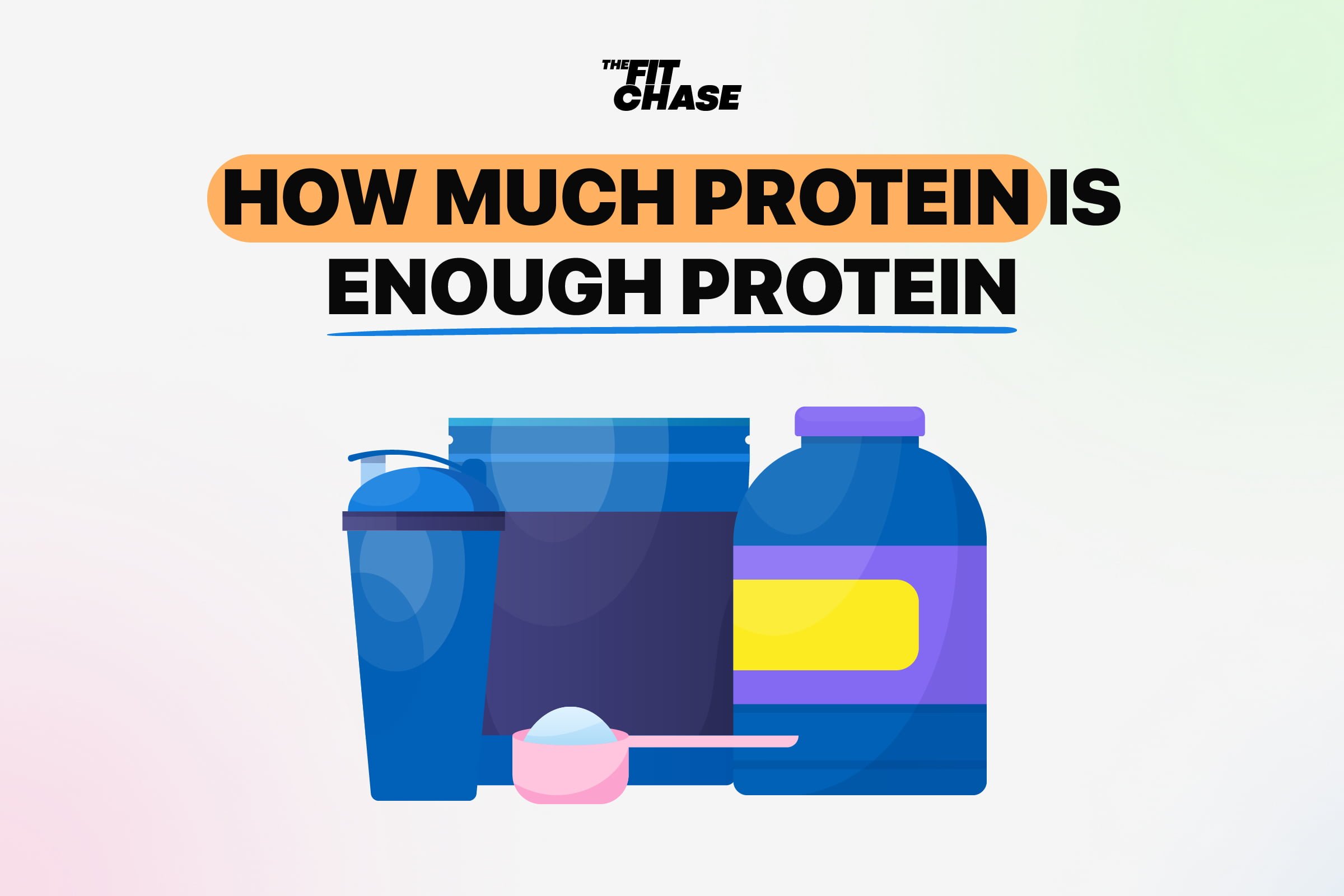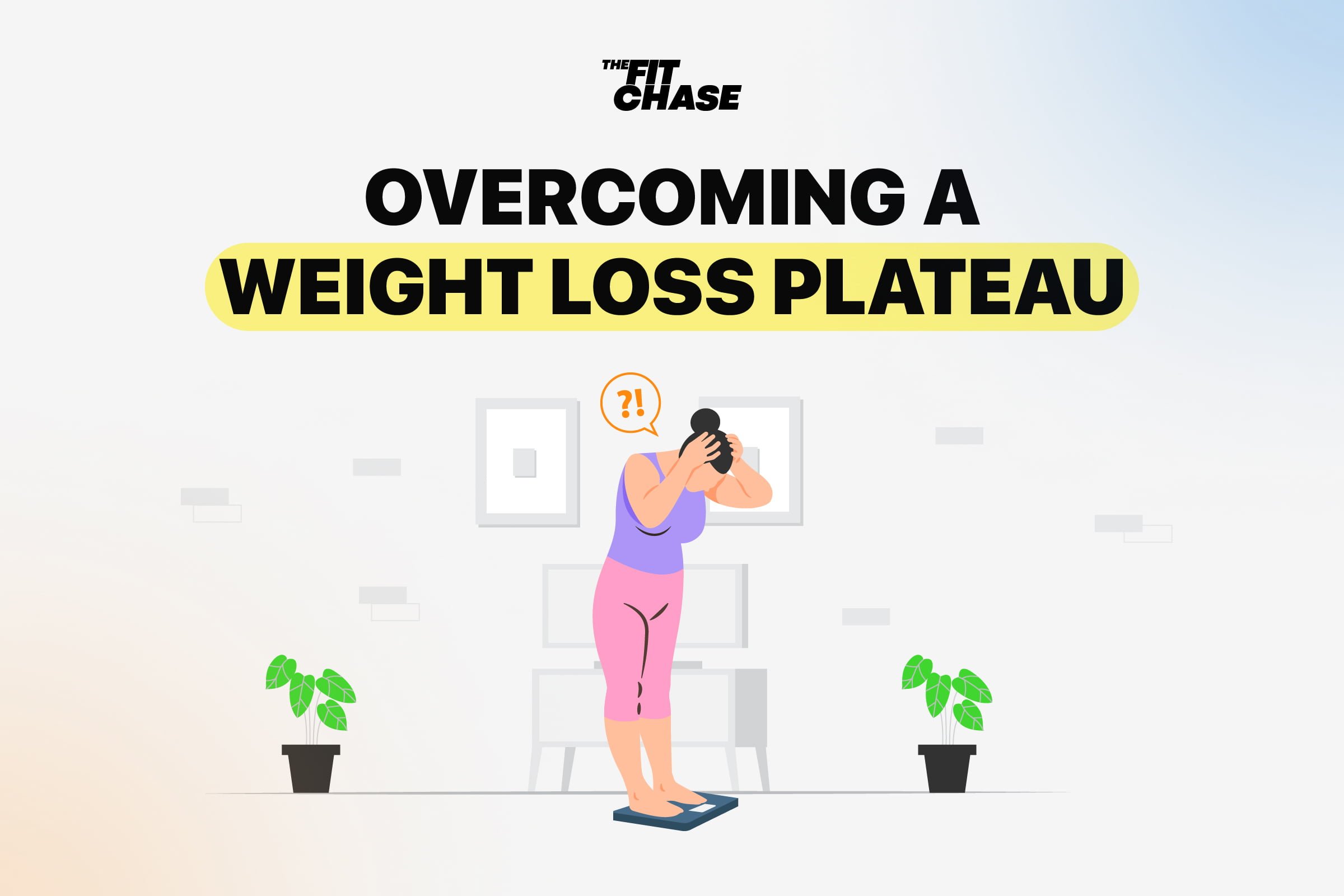You know me as a fitness coach (& that is the career I’m most proud of) but before I got into fitness & lost the weight myself, I was working as an Executive Search Consultant in Mumbai. I know the lifestyle that’s staple to the typical corporate culture we know today (I’ve seen it first hand). So I get it when clients from the same world walk in & ask to only help them lose the weight.
I’ve had clients who are prominent CXOs from both listed companies and unicorn startups. And I can say for a fact that not one of them walked in with a goal to improve their mental health or overall well-being (even as a secondary goal).
But, and this is where it gets interesting, apart from them all coming from the same corporate background there is another thing they all had in common. Almost all of these clients of mine saw a change in productivity after enhancing their physical health.
Their mood improved. They saw changes in how they could handle stress, work pressure, anxiety & so on. And, after several conversations with them, they continued to workout even after having lost the weight — just for the many other benefits they saw from moving their body.
So, obviously I’m going to take you through more science behind it but you get the idea of what this blog is going to be like. Let’s get into it.
Why workout apart from body goals

Don’t get me wrong, having a killer physique is great (& I know how big of an achievement that is apart from just the way you look). But, let’s keep that aside for now & look at the serious effects of moving your body for your mind.
Working out for the mind
- Exercise Releases Endorphins
You’ve probably heard this before – Each time you workout, your brain releases a flood of feel-good chemicals called endorphins. These little guys act as natural painkillers and mood boosters, instantly making you feel happier and more relaxed.
- Reduces The Stress Hormone
Does a good workout session usually make you feel better after a tough day? This is because it reduces the levels of stress hormones, such as cortisol, leaving you feeling calm, clear-headed, and ready to take on the world.
Stress can be of 2 kinds: Acute or Chronic
Acute stress is like a quick shot of adrenaline, triggered by things like injuries, a fright, or a bone-chilling ice bath. It’s actually good for your body, helping your central nervous system (CNS) stay alert and healthy. In these moments, cortisol, the stress hormone, spikes temporarily to keep you on your toes.
But then there’s chronic stress, the long-term kind that wears you down. It’s the never-ending work pressures, relationship strains, or nagging injuries that keep lingering. Chronic stress is a different story—it exhausts your CNS and wreaks havoc on your well-being. It leads to persistently high cortisol levels, which is never a good thing for your mind or body.
Your goal should be to embrace acute stress, like exercise, which triggers short bursts of cortisol and promotes positive benefits, while avoiding chronic stress that can harm your overall well-being.
- Exercise Improves Your Sleep. No Really.
Studies have found that regular exercise does wonders for your sleep quality. And when you’re sleeping well you’re also aiding your body in losing weight.
- Increase In Brain Function
Studies have shown that the brain lights up like a bulb when a task like physical activity is involved. This increase in blood flow and oxygen delivery to the brain during exercise nourishes those neurons, ultimately, enhancing your cognitive function, improving memory, sharpening focus, and increasing creativity.
Much much more than any other thing. This physical demand is super healthy for brain functioning.
It feels like I’m literally selling you on a magic potion. A natural antidepressant, without the side effects. But that’s exactly what exercise is for your body & mind. The science of how it works in your mind is in itself a reason everyone should exercise for at least 30 mins a day. But, there’s more if you’re not convinced:
- Self-Confidence Boost
My personal favourite non-scale victory of my clients is to see them become a more confident version of themselves. As you get stronger, fitter, and more resilient, you develop a positive body image and a sense of accomplishment, which of course spills over into other areas of your life, boosting your overall mental well-being.
- Social Connection
Human connection is important & exercise provides an excellent opportunity for social interaction and connection, whether it’s through joining group classes, playing team sports, or even finding workout buddies. It especially helps when you’re on this weight loss journey with people who have the same goal as you.
Now that we’ve covered working out & its mental link let’s also take a look at how what you eat also affects how you feel.
Nutrition & Mood
Have you ever experienced the infamous “hangry” phenomenon? You know, when hunger turns you into “The Hulk” (or “Rekha” from the snickers ad)? Trust me, nutrition plays a significant role in our mood. But let’s take it up a notch—what about the impact of actual nutrients on our state of mind?
Here’s the thing: I’ve witnessed clients go from feeling low, depressed, and lacking energy to radiating happiness and vitality. Here’s what those clients did: They ditched the junk food, embraced veggies, loaded up on lean proteins, kicked their bodies into gear, and even threw in some mood-boosting supplements like vitamin D and B vitamins. Again, you’ve heard this a countless number of times but it’s because it’s scientifically backed.
But enough with my stories. Let’s check out what the science has to say:
- Folate:
Turns out, a folate deficiency may be associated with depression, and taking folate supplements might actually help individuals with a mental illness.
- Omega-3 (EPA):
These fatty acids have been shown to be effective against depression.
- Zinc:
Not only can zinc potentially help fight off depression, but it can also keep those anger pangs in check. Talk about a double win!
- Supplements:
Herbs/roots like ashwagandha, curcumin & saffron have been shown to be particularly helpful for mental health.
Before starting any supplement for mental health, it is important to consult a healthcare professional because concurrently taking a drug for mental health disorders and a dietary supplement could lead to adverse effects.
Gut-brain axis is something that has been studied. So keep an eye out for fermented foods, fruits, veggies, whole grains and legumes. The research is still young, but they might just hold the key to boosting your probiotic intake and improving your mental health.
Final Take
So, the benefits of regular exercise on mental health are clear and scientifically backed. Not surprised, right?
Engaging in physical activity has been shown to reduce symptoms of anxiety and depression, boost self-esteem, and improve cognitive function. These benefits can be achieved through a variety of types and intensities of exercise, and it doesn’t require a large time commitment or expensive gym membership.
Even small amounts of regular exercise can have a positive impact on mental health, making it a simple but powerful tool for improving overall well-being. So, the next time you’re feeling stressed or down, try incorporating some physical activity into your routine and see the mental health benefits for yourself!












